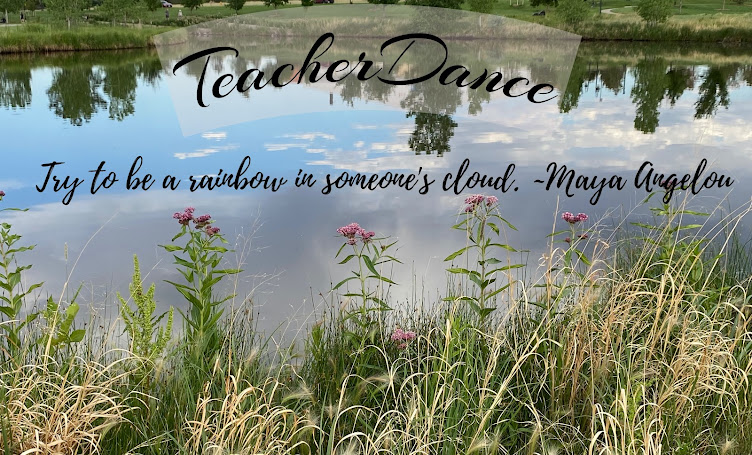Thanks to Alyson Beecher's Non-Fiction Picture Book Challenge at Kidlit Frenzy, those who link up share wonderful non-fiction picture books. I am grateful for all that I've learned through reading non-fiction picture books.
 Aston and Long’s gorgeous books are wonderful beginnings to studies of
their subjects, celebrations of the things they have written about: nests, eggs, butterflies, seeds and rocks, and now, beetles. The illustrations that so beautifully incorporate basic bits of
information about the topic are so enticing one is bound to look for more, to
ask questions to further knowledge, to look and look again at the pictures.
This one about beetles is the latest one, and it fascinates from the cover to
the end. Who wouldn’t want to see a beetle that’s COLOSSAL, meeting it on the
page, about a foot long, its mandibles “powerful enough to snap a pencil in
half”. And amazing that on the opposite page is the smallest beetle, the North
American Featherwing Beetle, one who is so small “it could pass through the eye
of a needle.” There are other
descriptors like armored, shy,
prehistoric, a delightful look at BEETLES!
Aston and Long’s gorgeous books are wonderful beginnings to studies of
their subjects, celebrations of the things they have written about: nests, eggs, butterflies, seeds and rocks, and now, beetles. The illustrations that so beautifully incorporate basic bits of
information about the topic are so enticing one is bound to look for more, to
ask questions to further knowledge, to look and look again at the pictures.
This one about beetles is the latest one, and it fascinates from the cover to
the end. Who wouldn’t want to see a beetle that’s COLOSSAL, meeting it on the
page, about a foot long, its mandibles “powerful enough to snap a pencil in
half”. And amazing that on the opposite page is the smallest beetle, the North
American Featherwing Beetle, one who is so small “it could pass through the eye
of a needle.” There are other
descriptors like armored, shy,
prehistoric, a delightful look at BEETLES! This story of George Washington Carver is so
inspiring. Nicole Tadgell’s colorful illustrations show the incredibly tough
work described by the author Suzanne Slade. This man born a slave, then freed,
worked so hard in salt mines and coalmines until one day. On that day he
overheard talk of a school for black people, but 500 miles away! He saved, and
finally got there, graduated in three years, ended eventually in Tuskegee, Alabama
and started a school for black students, in a shed! The back matter tells that
it leaked, and sometimes students held an umbrella over him so he could
continue teaching. He borrowed money, bought land outside town where he and the
students worked hard to make bricks to make a school. Digging deep, they found
clay. After breaking more than one kiln, at last one worked and they had
bricks. And they began to build!
This story of George Washington Carver is so
inspiring. Nicole Tadgell’s colorful illustrations show the incredibly tough
work described by the author Suzanne Slade. This man born a slave, then freed,
worked so hard in salt mines and coalmines until one day. On that day he
overheard talk of a school for black people, but 500 miles away! He saved, and
finally got there, graduated in three years, ended eventually in Tuskegee, Alabama
and started a school for black students, in a shed! The back matter tells that
it leaked, and sometimes students held an umbrella over him so he could
continue teaching. He borrowed money, bought land outside town where he and the
students worked hard to make bricks to make a school. Digging deep, they found
clay. After breaking more than one kiln, at last one worked and they had
bricks. And they began to build!
I’ve summarized the story, but it holds a sense of the depth of Carver’s
dedication to bringing his school to the students. And he did. Not only did the
first building go up, but three others soon after. Now, of course the Tuskegee
Institute is a huge institution known throughout the world. The author, in an afterword, acknowledges that
she has not included the sleepless nights spent figuring out how to pay the
bills, find clothing for needy students, etc. That is for another story.


I loved Two Friends by Suzanne Slade but didn't know about this book. Thanks for highlighting it!
ReplyDeleteYou're welcome, Annette. I liked Two Friends, too, should have mentioned it. Both will be good stories for students.
DeleteI read the Beetle book right before we left for Florida. I thought it was really beautiful. Then shortly after moving down there, we had some big downpours and the pool across the street from us had quite a few water beetles in it from the rain. I remember thinking about the book and thinking the beetles aren't so beautiful when you're swimming with them :) :)
ReplyDeleteI don't remember seeing any in our Florida time, but am sure they were there! This plus Steve Jenkins' book makes me want to find some. I mostly see ladybug beetles and stinkbugs here!
DeleteBeing non-American, I've learned so much about American history through participating in this nonfiction group! Very inspiring stuff.
ReplyDeleteI wish we could have more n-f books about Canadian history, too, Jane.
DeleteI love reading books about people who fight tooth and nail to get educated because they know it's the way.
ReplyDeleteIt's really inspiring, isn't it? This book told me even more than I already knew.
DeleteThanks so much for sharing the book about George Washington Carver -- I didn't know about that one and it looks wonderful!
ReplyDeleteIt is, Jeanne, a good sharing of Carver's beginnings. Thanks!
Delete